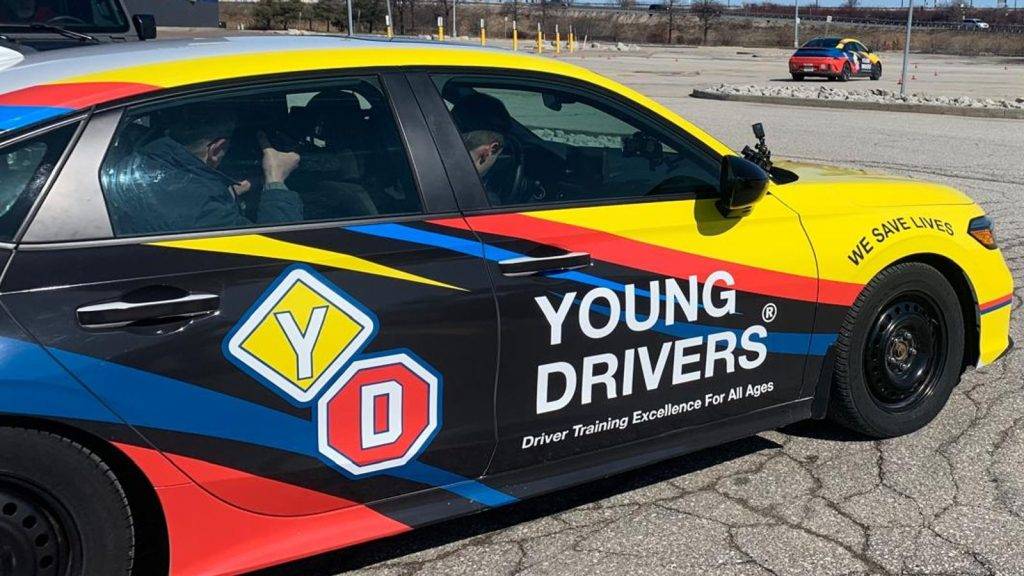Cliff Notes
- The UK government is under scrutiny for not implementing Graduated Driving Licences (GDLs), despite evidence from Canada showing an 83% reduction in deaths among young drivers after their introduction.
- Critics, including law enforcement and bereaved families, argue that the UK’s current licensing system is inadequate and may contribute to ongoing fatalities and serious injuries among young motorists.
- The government maintains that GDLs could unfairly burden young drivers, while advocates call for reforms to enhance road safety and accountability for novice drivers.
Calls for ‘irresponsible’ UK government to follow Canada’s lead on rules for young drivers | UK News
The UK government is facing accusations of being “disingenuous” and “irresponsible” amid growing criticism for not introducing tougher licensing laws for new drivers.
Officials in countries that already use so-called Graduated Driving Licences (GDLs), major UK motoring organisations and bereaved families say reforming the way new motorists get a licence will save lives.
Sky News joined Canada’s largest road policing unit and driving school to understand how GDLs work – with evidence showing that deaths among 16 to 19-year-old drivers there have fallen by 83%.
Despite strong evidence, the UK government says it is not considering introducing them – claiming they “unfairly” penalise young drivers.
“It’s so disingenuous. You’re downplaying what an important function and responsibility it is to be behind the wheel of a car,” says Superintendent Matt Moyer, who heads up Toronto Police Traffic Services.
The province of Ontario was the first region of North America to introduce GDLs more than 30 years ago.
It takes at least 20 months to gain a full driving licence, with students earning certain freedoms in stages.
Rules include new drivers not being allowed on the road between midnight and 5am, a ban on driving on high-speed roads and a limit on the number of under 19-year-old passengers.
Many of these factors have featured in fatal accidents in the UK.
As soon as GDLs were brought in 1994, there was an immediate 31% drop in collisions involving novice drivers.
Maria Bagdonas is chief operating officer of Young Drivers of Canada, the country’s largest driving school.
“It could be passenger restriction, it could be a time of day restriction, it could be a blood alcohol or drug concentration restriction – basically the idea is not to take someone who is newly licensed and say here, ‘go forth’ in this crazy mad driving world and just let them – do or die, because more often it’s the die,” she said.
She questions the UK government’s decision to not introduce GDLs.
“Is it irresponsible to allow the same thing to happen over and over again and expect a different result without any interference…or is it insane?”
We joined new learner drivers in Toronto as they get behind the wheel for the first time.


